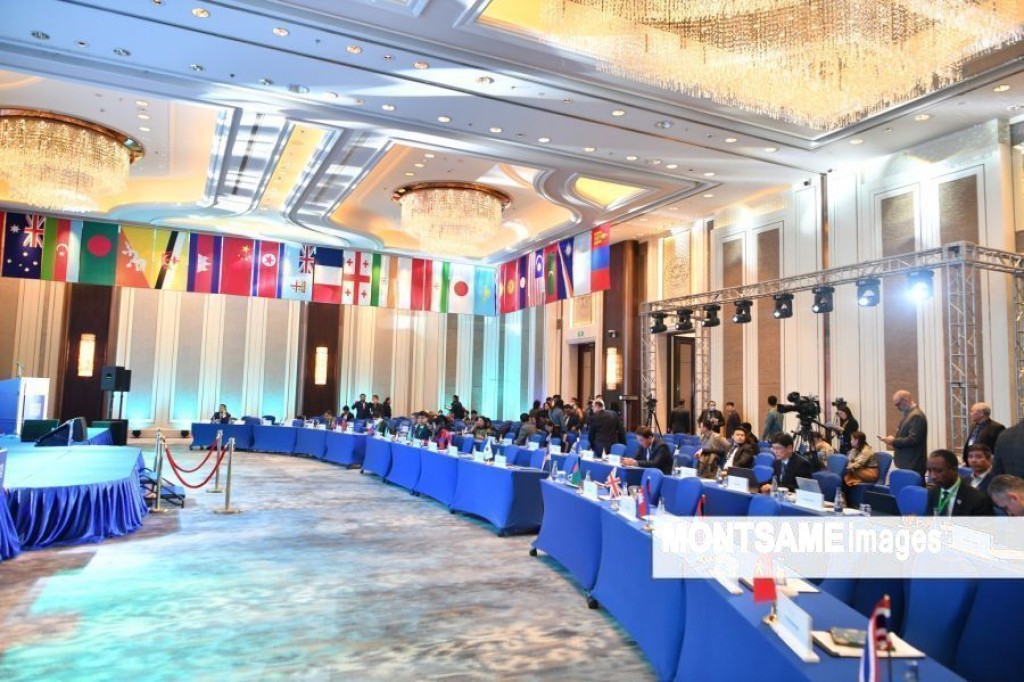High-Level Forum on Clean Air 2023, Ulaanbaatar

The High-Level Forum on Clean Air is being jointly organized by the Ministry of Environment and Tourism of Mongolia and the United Nations Economic and Social Commission for Asia and the Pacific
The High-Level Forum on Clean Air is being jointly organized by the Ministry of Environment and Tourism of Mongolia and the United Nations Economic and Social Commission for Asia and the Pacific (ESCAP) on 2-3 March 2023 in Ulaanbaatar, Mongolia. Air pollution has a large impact on human health and ecosystems and is the most important global environmental cause of premature deaths. The forum is focusing on: 1) Presenting the Regional Action Programme on Air Pollution or RAPAP to multilateral, regional, and national stakeholders for strengthening science-based and policy-oriented cooperation for improved air quality management; 2) Further elaborating the areas and modality of policy and technical cooperation of the RAPAP; 3) Developing partnership activities among multilateral and international cooperation mechanisms on air pollution in support of national action on clean air; 4) Discussing the contribution of the RAPAP to the work of multilateral and international cooperation mechanisms; 5) Formulating the modality of working groups on data and air quality standards. This forum, which brought together the high-level representatives from 53 countries, such as the USA, the Republic of India, the UK, Japan, Australia, South Korea, Singapore, Russia, Turkey, China, and New Zealand, which are members of the UNESCAP, as well as over 200 representatives of international research and development organizations, is one of the activities in preparation for the 17th conference of the parties to the United Nations Framework Convention on Desertification (COP 17), which will be held in Mongolia in 2026. During this forum, five sessions are being held, including Improving Air Quality Management, Air Quality Monitoring, Best Practice Sharing and Capacity Building, Collaboration on Air Quality Data and Standards, and Partnership for RAPAP implementation.
Views: 708
Tweet
